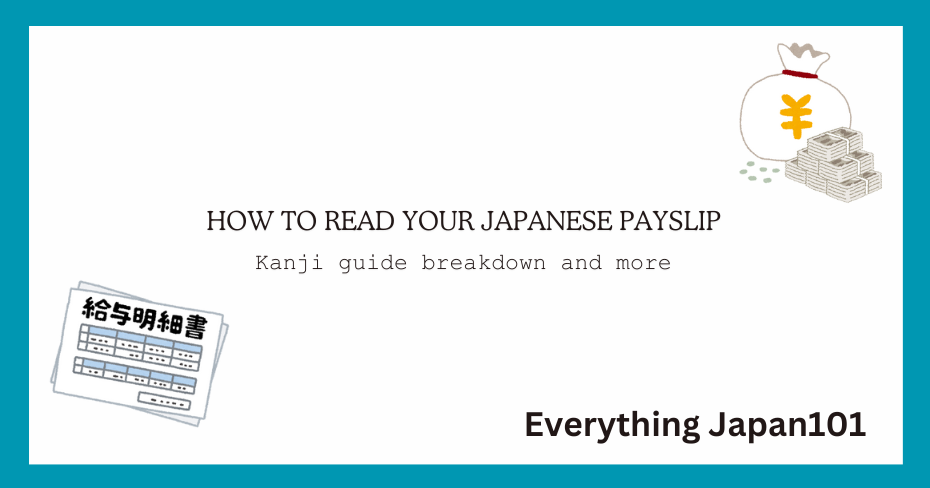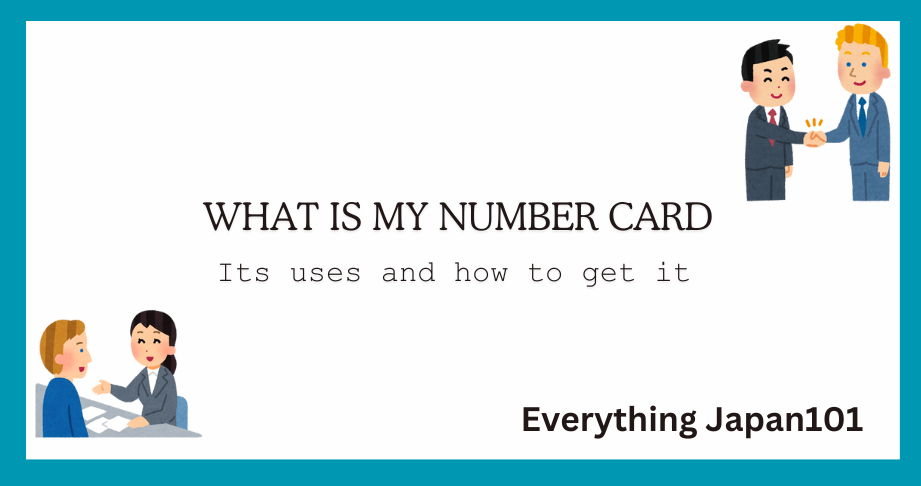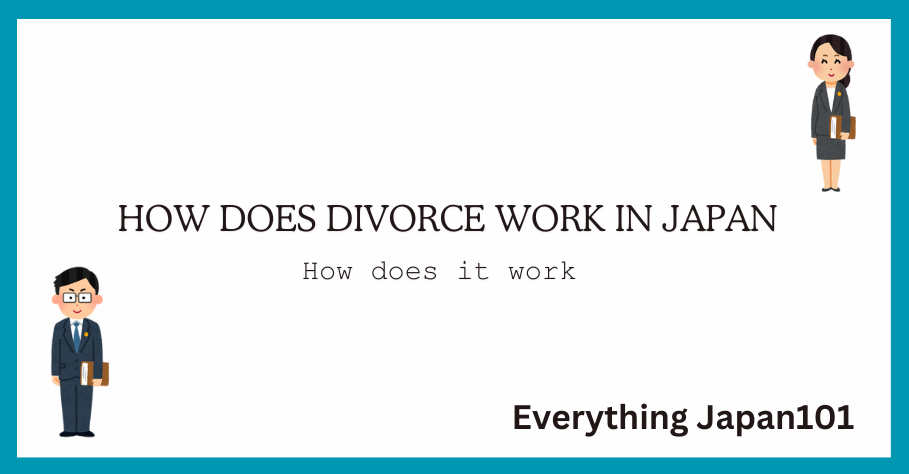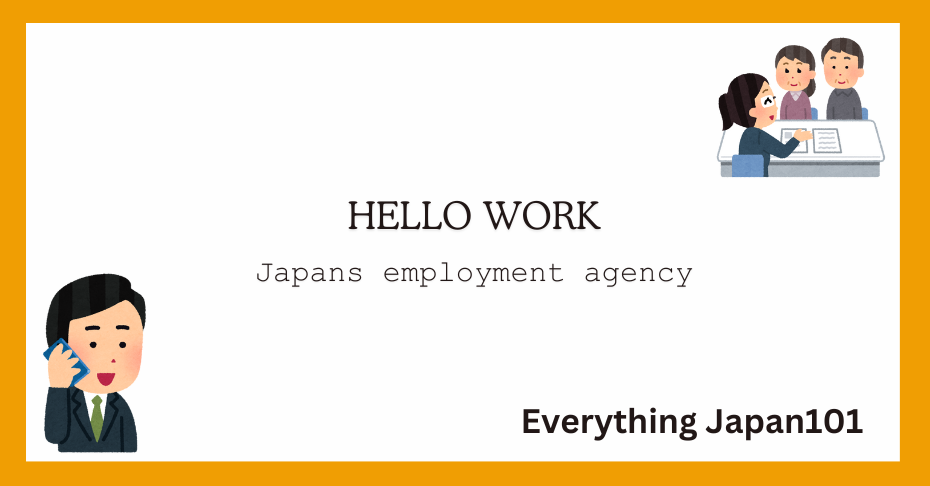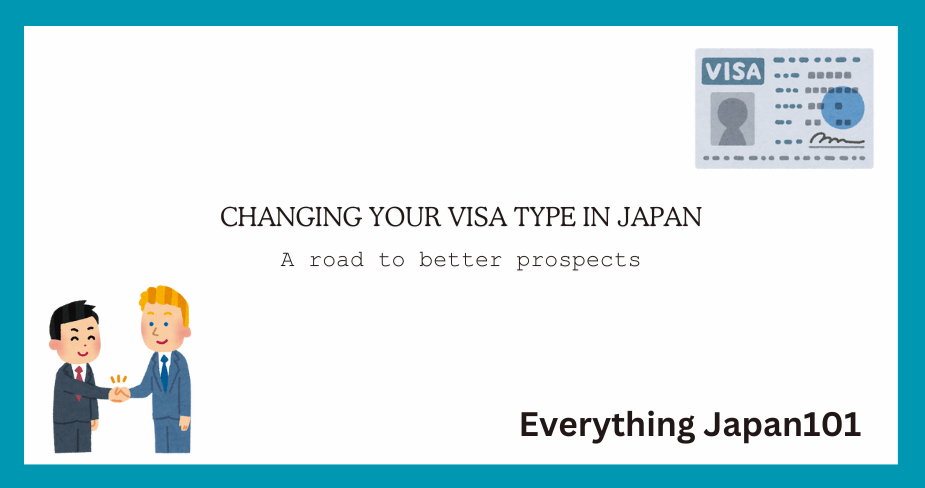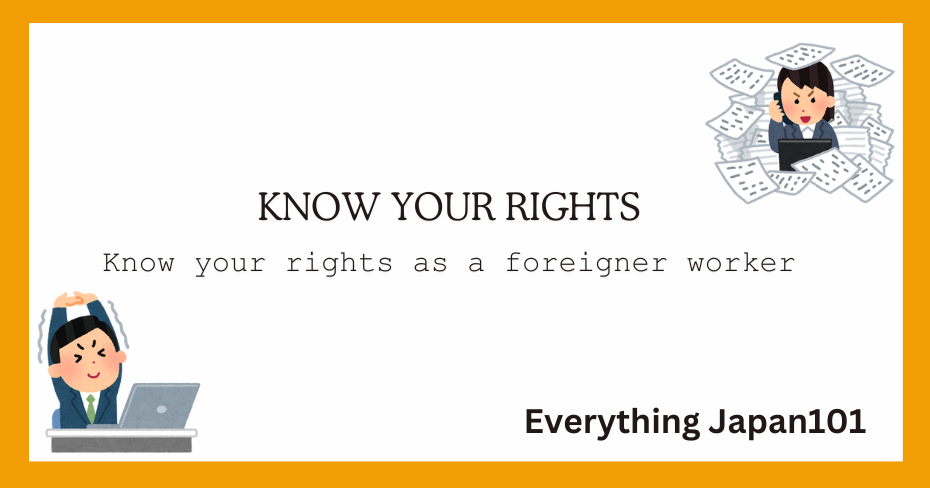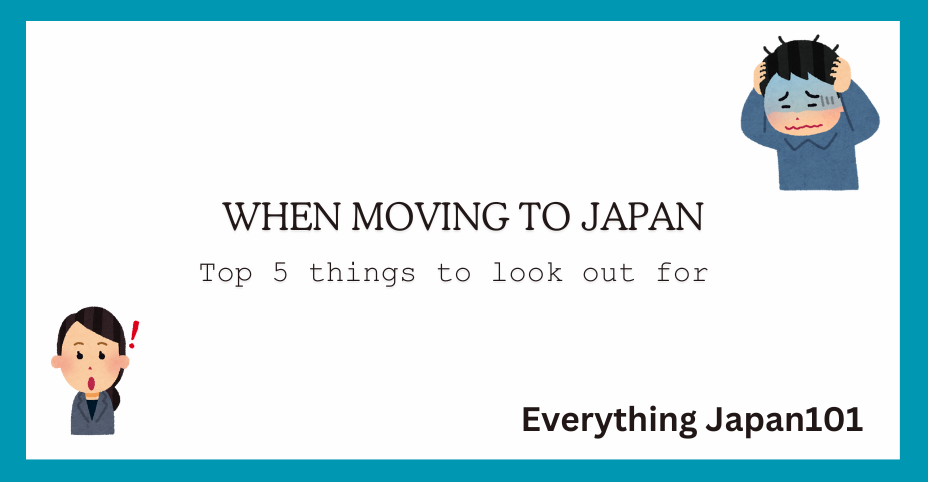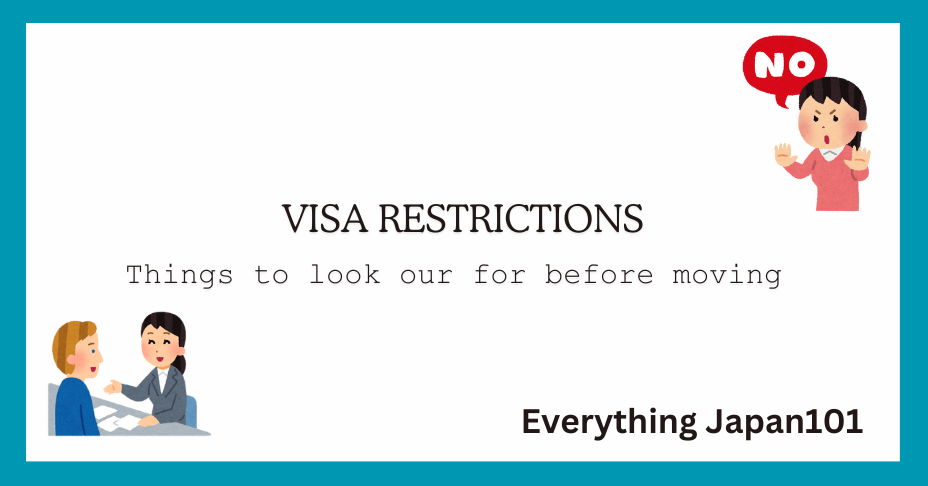Japanese Health Insurance: Essential Guide for Expats
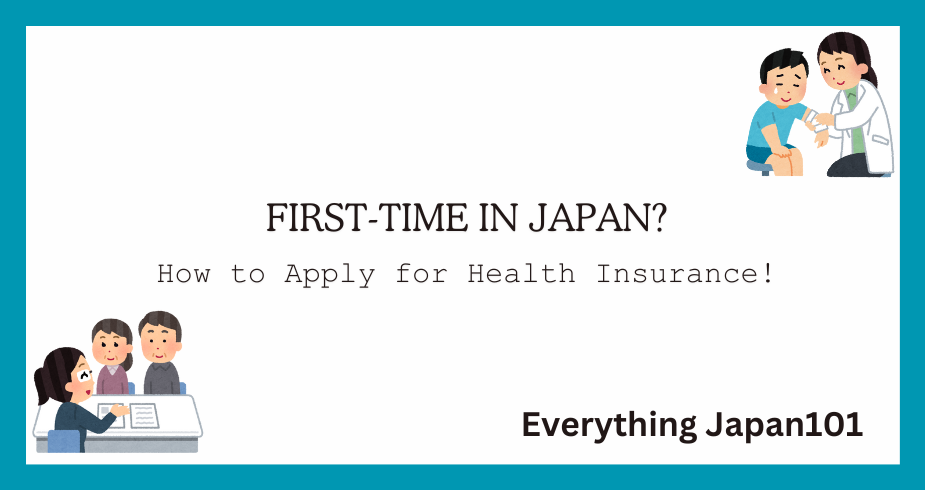
When moving to Japan, understanding the japanese health insurance system is crucial. Japan’s healthcare system is known for its high quality and accessibility, but it can be complex for newcomers. This guide will help you navigate the types of health insurance available, how to apply for them, and their importance and benefits.
- Types of Health Insurance in Japan
- National Health Insurance (NHI)
- Employee Health Insurance (EHI)
- Comparison of National Health Insurance and Employee Health Insurance
- Importance of Health Insurance in Japan
- How to Apply for National Health Insurance at the City Hall
- Tips for a Smooth Application Process
- Conclusion
Types of Health Insurance in Japan
Japan has two main types of health insurance:
- National Health Insurance (国民健康保険, Kokumin Kenkō Hoken): Typically for those who are self-employed, students, unemployed, or retired.
- Employee Health Insurance (社会保険, Shakai Hoken): For full-time employees working at companies.
National Health Insurance (NHI)
Who Should Enroll:
- Self-employed individuals
- Freelancers
- Students
- Unemployed or retired individuals
How to Apply:
- Where: At your local city hall or ward office.
- Required Documents:
- Residence Card (在留カード, Zairyū Kādo)
- Passport
- My Number (個人番号, Kojin Bangō)
- Proof of Address
- Previous health insurance card (if applicable)
Cost:
- Based on your previous year’s income, ranging from ¥10,000 to ¥50,000 per month.
- Discounts and exemptions may apply for low-income individuals or those with no income in Japan the previous year.
Coverage:
- Medical treatments, hospitalization, prescription drugs, and some dental services.
- Typically covers 70% of medical costs, leaving the insured to pay 30%.
Benefits:
- Accessibility to a wide range of medical services.
- Lower costs for medical treatments and prescriptions.
- Coverage for dependents.
Employee Health Insurance (EHI)
Who Should Enroll:
- Full-time employees
- Part-time employees meeting certain criteria
How to Apply:
- Where: Through your employer when you start your job.
- Required Documents:
- Residence Card
- Passport
- My Number
Cost:
- Premiums are typically 3-10% of your monthly salary, split between you and your employer.
- Deducted directly from your salary.
Coverage:
- Similar to NHI, covering medical treatments, hospitalization, prescription drugs, and some dental services.
- Also includes additional benefits like maternity leave, sick leave compensation, and annual health check-ups.
Benefits:
- Comprehensive coverage with additional benefits.
- Employer contribution reduces your personal expense.
- Higher reimbursement rates for some services.
- Coverage for dependents.
Comparison of National Health Insurance and Employee Health Insurance
| Feature | National Health Insurance (NHI) | Employee Health Insurance (EHI) |
|---|---|---|
| Eligibility | Self-employed, students, unemployed, retired | Full-time employees, eligible part-time employees |
| Application | City hall or ward office | Through employer |
| Cost | ¥10,000 – ¥50,000/month | 3-10% of salary, split with employer |
| Coverage | 70% of medical costs, some dental services | 70% of medical costs, additional benefits |
| Additional Benefits | None | Maternity leave, sick leave, annual health check-ups |
| Employer Contribution | No | Yes |
Importance of Health Insurance in Japan
1. Financial Protection:
- Health insurance significantly reduces out-of-pocket medical expenses.
- Without insurance, medical costs can be prohibitively expensive.
2. Access to Quality Healthcare:
- Insurance ensures you have access to Japan’s excellent healthcare system.
- Coverage includes routine check-ups, which are important for early detection and prevention.
3. Legal Requirement:
- Health insurance is mandatory in Japan. Failing to enroll can result in penalties and back payments.
4. Additional Benefits:
- For EHI, benefits extend beyond healthcare, providing financial support during maternity leave and sick leave.

How to Apply for National Health Insurance at the City Hall
Step-by-Step Process
Step 1: Locate Your Local City Hall or Ward Office
Why It’s Important:
- This is where you will apply for National Health Insurance.
- Each city hall or ward office manages the insurance applications for its residents.
How to Find It:
- Google Maps: Search for your city hall or ward office using your address. For example, type “Shibuya City Hall” if you live in Shibuya, Tokyo.
- Local Municipality Website: Most cities and wards have official websites with maps and contact information. Look for sections like “City Services” or “Resident Services.”
- Ask a Local: If you’re not confident navigating the web, asking a neighbor, coworker, or someone at your place of residence can be helpful.
Step 2: Gather Required Documents
Before heading to the city hall, make sure you have the following documents:
- Residence Card (在留カード, Zairyū Kādo)
- This card proves your legal status in Japan.
- Carry both the original and a photocopy.
- Passport
- A form of identification and proof of entry into Japan.
- Carry both the original and a photocopy.
- My Number (個人番号, Kojin Bangō)
- Japan’s social security and tax number system.
- Bring your My Number card or the notification letter.
- Proof of Address
- A recent utility bill, rental agreement, or any official document showing your current address in Japan.
- Ensure it matches the address on your residence card.
- Previous Health Insurance Card (if applicable)
- If you were previously enrolled in another health insurance program, bring your old card.
- This helps in transferring records and avoiding overlaps.
Step 3: Visit the City Hall or Ward Office
Timing:
- City halls are usually open from 8:30 AM to 5:00 PM, Monday to Friday.
- Avoid visiting at the beginning or end of the month when it’s typically busier.
Navigation:
- Upon arrival, head to the insurance section, often labeled as “国民健康保険課” (Kokumin Kenkō Hoken-ka).
- If you’re unsure, the information desk can guide you to the right section.
Step 4: Take a Number and Wait for Your Turn
Process:
- At the insurance section, take a number from the ticket machine.
- Wait for your number to be called. There might be digital screens or announcements in both Japanese and English.
- Use this waiting time to review your documents and ensure everything is in order.
Step 5: Fill Out the Application Form
Assistance:
- When your number is called, approach the counter and request an application form for National Health Insurance.
- If you’re not confident in your Japanese, ask if the city hall provides English forms or translation assistance.
Details to Fill In:
- Your full name (as per your residence card)
- Address in Japan
- My Number
- Previous health insurance information (if applicable)
- Employment status
Step 6: Submit Your Documents
Verification:
- Hand in your filled-out application form along with the required documents to the official.
- The official will verify your documents and process your application.
Questions:
- Don’t hesitate to ask any questions or clarify doubts during this step. The staff are there to help you to better understand the japanese health insurance.
Step 7: Receive Your Insurance Card
Issuance:
- Once your application is processed, you will receive a National Health Insurance card (国民健康保険証, Kokumin Kenkō Hokenshō).
- This process can sometimes take a few weeks, so ask if there is a temporary card or document you can use in the meantime.
Usage:
- Always carry this card with you and present it whenever you visit a medical facility to receive insured services.
Tips for a Smooth Application Process
- Language Assistance: If you’re not confident in your Japanese, consider bringing a Japanese-speaking friend or asking if the city hall has English-speaking staff or translation services.
- Timing: City halls can be busy, especially at the beginning and end of the month. Try to visit during mid-month and early in the morning to avoid long wait times.
- Document Copies: Bring copies of your documents just in case they are needed for submission.
- Politeness: Japanese offices appreciate politeness and patience. Even if there’s a language barrier, a smile and respectful demeanor can go a long way.
Conclusion
Understanding and applying for japanese health insurance in Japan is essential for your health and financial security. Whether you opt for National Health Insurance or Employee Health Insurance, being insured ensures you have access to Japan’s excellent healthcare services. The application process for National Health Insurance at the city hall is straightforward if you have the necessary documents. By securing japanese health insurance, you can enjoy peace of mind and comprehensive medical support during your stay in Japan.


